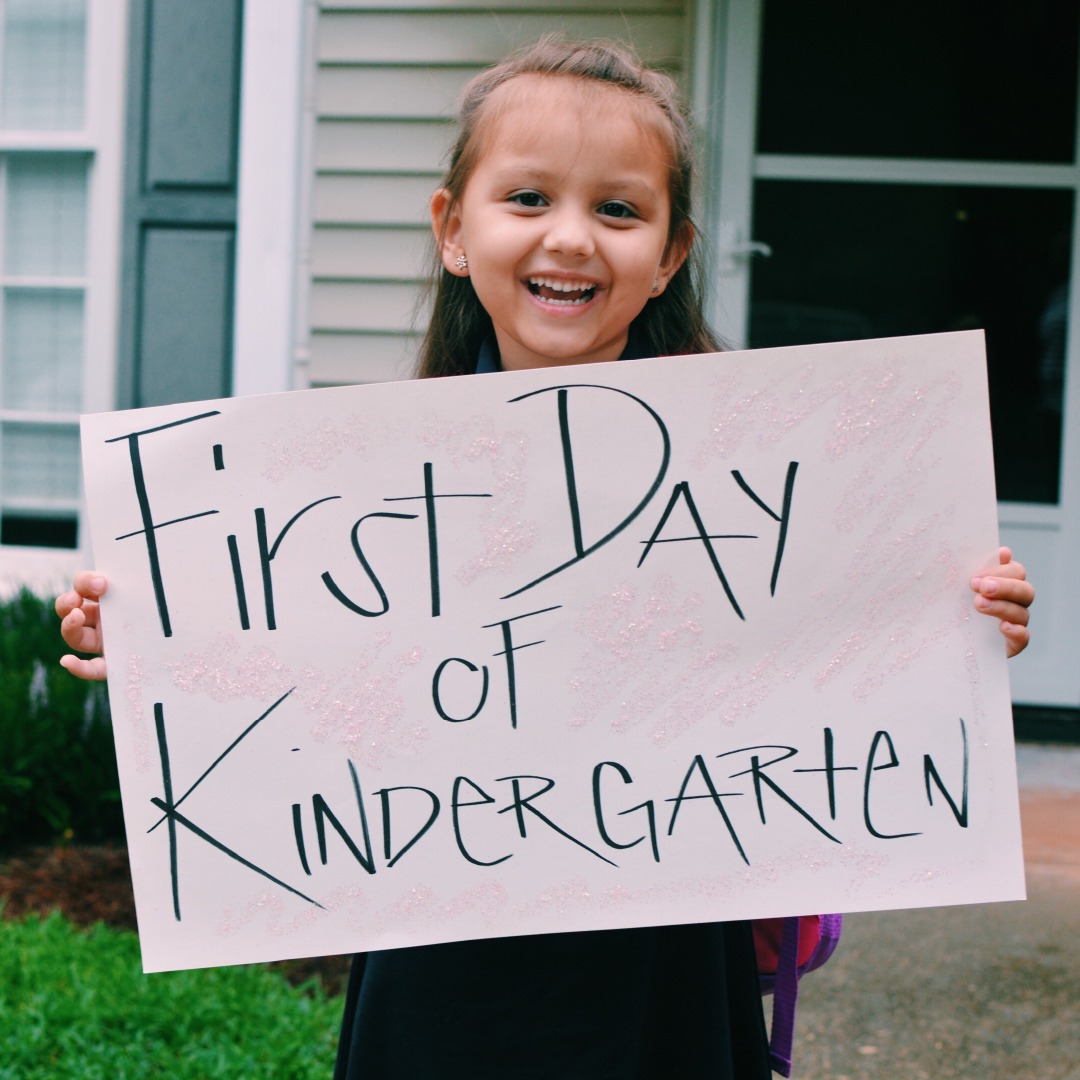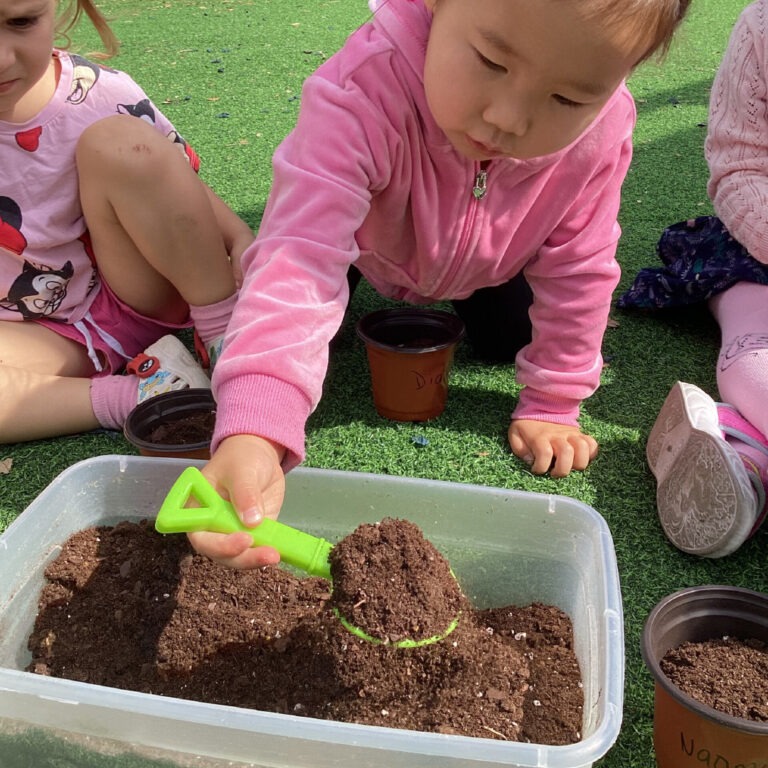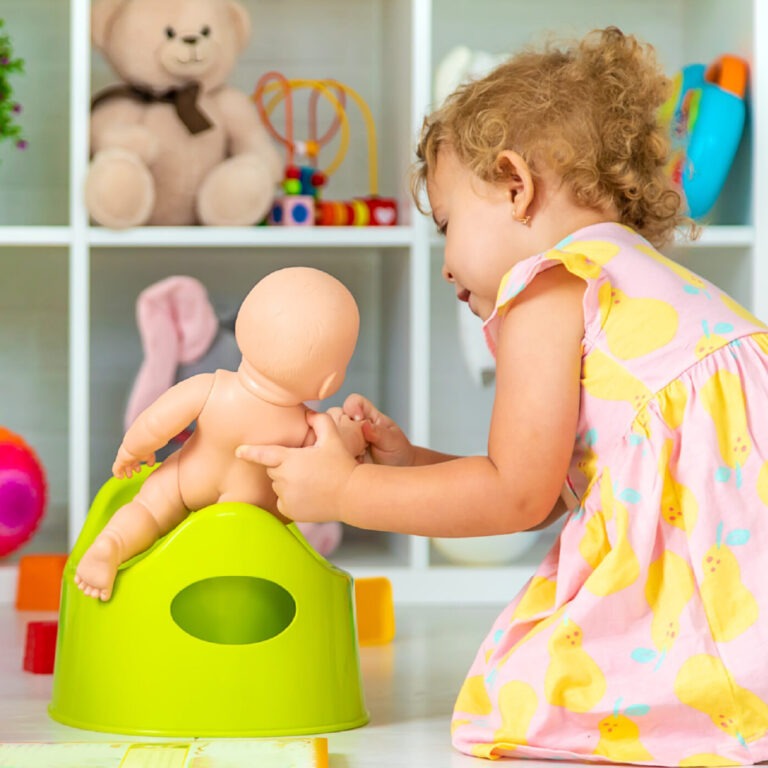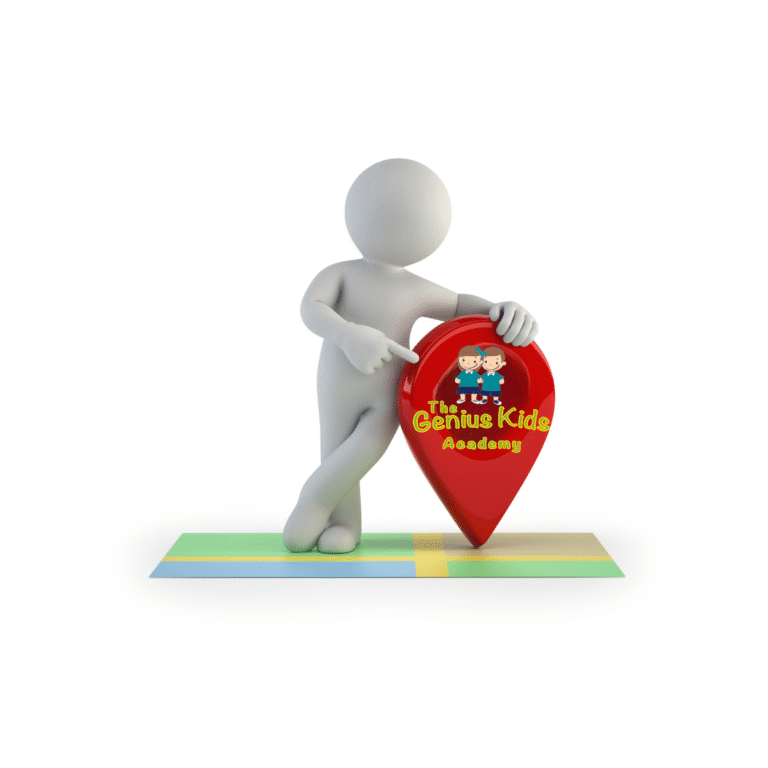How to help your child adjust to their first day of preschool
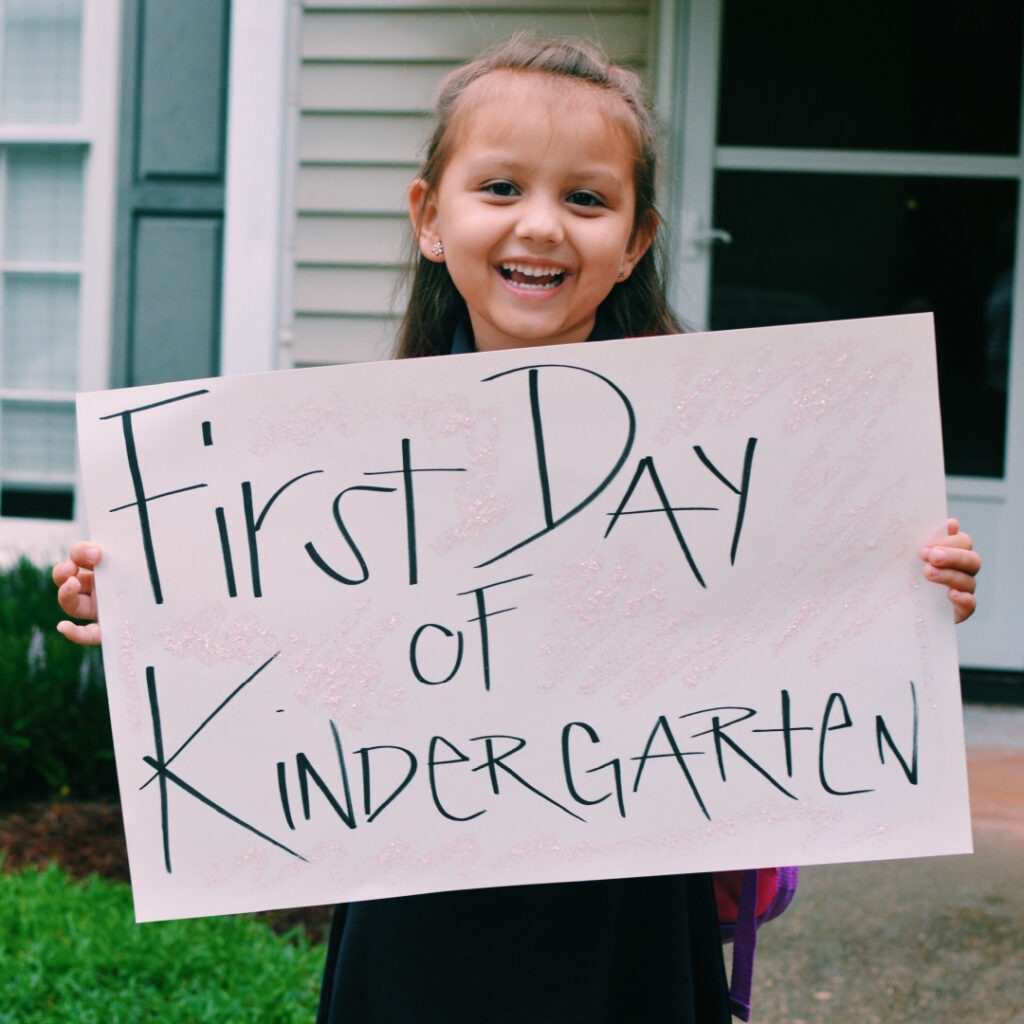
- Key Takeaways
- How to Prepare Your Child
- 1. Talk and Listen
- 2. Practice Routines
- 3. Visit and Familiarize
- 4. Role-Play Scenarios
- 5. Build Independence
- Assess Emotional Readiness
- Observe Behavior
- Foster Resilience
- Nurture Self-Care
- Prepare Yourself First
- Acknowledge Your Feelings
- Create a Support System
- Trust the Process
- Master the First Day
- The Goodbye Ritual
- Communicate Confidence
- The Quick Exit
- Beyond the First Week
- Establish Connections
- Review and Adjust
- Celebrate Milestones
- Conclusion
- Frequently Asked Questions
How can I help my child feel less anxious about starting preschool or daycare?
What items should my child bring on the first day?
How do I know if my child is emotionally ready for preschool?
What should I do if my child cries at drop-off?
How can I prepare myself for my child’s first day?
When should I start preparing my child for preschool or daycare?
What if my child struggles to adjust after the first week?
- Key Takeaways
Begin your child’s preparation by discussing preschool early, telling your own positive experiences and encouraging them to share their feelings.
Go over your daily routine together, getting dressed and packing a bag, to help your child feel comfortable and prepared for their new routine.
Go by the preschool early and acquaint your child with teachers and classmates until the place feels familiar and less intimidating.
Establish your child’s independence by having him complete small tasks on his own and applaud his accomplishments.
Work on yourself and be positive about it. Your attitude can make all the difference.
Keep the communication going after preschool begins. Hear your child’s stories and celebrate their progress to support a smooth and joyful start.
Getting a kid ready for their initial day at preschool or daycare is all about establishing easy rituals and discussing what might lie ahead. Children get excited and sometimes scared by new surroundings and new people.
Telling stories, taking a pre-visit, and selecting a ‘comfort toy’ to bring can alleviate concerns. To help your child, think small and celebrate every bit of success along the way. - How to Prepare Your Child
Getting your child ready for their first day at preschool or daycare is about more than just picking out a new outfit or writing their name on their lunchbox. It’s about helping them navigate a big transition, making sure they feel heard, and equipping them with the tools to confront new opportunities with confidence.
Every kid’s path is different, but certain actions make the majority of children feel better prepared.
Strategies for Helping Your Child Understand the Transition:
Begin the preschool discussion weeks in advance to allow your child to acclimate to the concept. Describe what preschool is in easy terms, emphasizing the cool activities they will do, such as story time, painting, or making new friends.
Ask your child what she thinks about beginning preschool. Inquire what is thrilling or unnerving. Hear her out, smile and nod, and use words to empathize.
Tell them stories from your own school experience. Talk to your child about the buddies you made or the games you played. Make it specific to them, but something upbeat and accessible.
Employ positive words. Paint preschool as an adventure, a land of new things to learn and new people to meet. Let your child know that most kids get a little nervous at the beginning and that is fine. - 1. Talk and Listen
Pose questions such as, “What do you imagine preschool will be like?” or “Are you nervous about anything?” Hear every response, whether it be a shrug or a sigh. Sometimes kids can’t express their feelings; just let them know you’re available.
If your child tells you they’re scared, don’t dismiss it. Say, “It’s typical to feel that way.” A lot of kids do. Push them to discuss both what they’re excited about and what’s scary. These conversations will smooth the way for your child to confide in you with their emotions. - 2. Practice Routines
Create a morning routine that mimics the one they’ll experience at preschool. Everyone gets up together, eats breakfast, and packs a bag. Allow your child to assist in choosing outfits or snacks.
By assigning a set time to each step, mornings are less harried on the actual day. If your child isn’t accustomed to meals at specific times, start moving meals now. Experiment with new foods that preschool might provide. - 3. Visit and Familiarize
If you can, visit the preschool or daycare before the first day. Take a stroll and highlight cool areas, such as a reading nook or play zone. Introduce yourself to the teachers and caregiver so your infant sees a familiar face later.
Visit the room, have your child sit at a desk or play with some toys. Prompt your child to inquire if anything piques their interest, such as “What’s this for?” or “Who’s gonna assist me here?” These trips transform an unfamiliar area into a memory-filled zone. - 4. Role-Play Scenarios
Play preschool here at home. Open with dolls or stuffed animals to demonstrate how to introduce a new friend or request assistance. Role play by taking turns playing the teacher and the student.
Rehearse separation and reuniting, much like at drop off and pick up. You can even have a mock snack time together. When your child sees these scenes in a safe space, it is easier for them to handle them later. Highlight ways they can use deep breaths or counting to calm down if they get upset. - 5. Build Independence
Allow your child to attempt things independently, such as wearing shoes, hand washing, or potty training. Give them little decisions, like choosing a yellow shirt or a blue one, or selecting an apple or a banana for a snack.
Every time they ‘do’ something independently, celebrate it! If they spill or have a hard time, keep your cool and assist them in giving it another shot. Putting them in short stints away, like staying with a trusted friend or family member for a while, gets them acclimated to being away from you for an extended time.
Each incremental step instills confidence in their own ability. - Assess Emotional Readiness
Getting your child ready for their first day of preschool is more than just school supplies and outfits. Emotional readiness is key. Kids will have a combination of emotions—scary, exciting, confusing emotions about this big transition.
Emotional readiness refers to a child’s ability to be separated from their parents, regulate their own emotions, and cope well with unfamiliar faces and environments. Every kid is unique, so they may exhibit signs of readiness or stress differently.
- Key Takeaways
| Signs of Readiness | Signs of Anxiety |
| Shows interest in preschool | Clings to parent at drop-off |
| Talks about making friends | Complains of tummy aches |
| Curious about new routines | Avoids talking about school |
| Can play alone for short time | Worries about being left |
| Tries new things willingly | Has trouble sleeping |
Observe Behavior
Notice how your child behaves when something new occurs. Certain little ones glow with thrill, inquiring and desiring to find out more. Others may clam up.
When you mention preschool, pay attention to their language and intonation. If they get excited for new friends or new games being attempted, that’s another positive indicator. If they get withdrawn or request that you sleep with them, they could be anxious.
Observe how they interact with other kids. Are they excited to participate, or do they hold back? If your child loves playing with others, the transition may be easier.
It’s useful to observe how your kid deals with disruptions at home, such as tasting a new dish or taking a nap in a different bedroom. Comfort or discomfort patterns with these changes can provide you an indication of how they may handle preschool.
Let what you observe inform your attitude. If your child has a tough time with change, try brief visits to the preschool or brief separations at home. For the braver souls, discussing what to expect can create anticipation.
Foster Resilience
Kids require coping mechanisms, remember. Train them little things like deep breathing or saying, “I can do new things.” It makes them feel empowered when huge emotions arise.
Tell stories from your life. Maybe describe how you were nervous beginning a new job, but it eventually became easier. Children tend to respond to real world examples rather than platitudes.
Encourage them by reminding them that we all make mistakes and that it is okay to try again. This assists in relieving the stress of having to do it right the first time. Just let them know that it is okay to be nervous.
Help them view new experiences as an opportunity to develop.
Nurture Self-Care
Get your child into a regular routine prior to preschool. A consistent bedtime, nutritious meals and a peaceful morning routine can go a long way. Well-rested and healthy kids deal with change best.
Teach them how to verbalize their emotions. Allow them room to express statements such as “I’m afraid” or “I’m nervous.” This assists them in identifying emotions and discovering that it’s acceptable to open up.
Test out activities together that induce calm like reading, drawing, or quiet time. If you treat yourself well, your child will perceive it as normal. Kids learn a great deal by observing what adults do.
Prepare Yourself First
Getting ready for your kid’s first day of preschool often begins with the parent. As children, we seek out trusted caregivers to provide cues for approaching change. By taking care of your own mental preparation and learning about quality child care programs, you can set the stage for your child’s successful transition.
Acknowledge Your Feelings
Prepare yourself first. You could be anxious, proud, or even a little wistful as your little one starts this journey. Just spending a moment to name these feelings can help you flush them out before the big day. Putting your concerns down on paper, even if it’s just a few sentences in a journal each night, can help empty your mind and reduce anxieties.
A simple example is that one parent wrote about her mixed feelings every evening for a week, and it helped her greet the first day with calm. Discuss your emotions with friends or family who have been there. Even just hearing a story about your child’s delight or your own anxiety makes you feel less isolated.
If your little one dials into your nervousness, he or she might reflect those emotions. They’re both crucial because keeping upbeat, even if you think you’re winging it, establishes a reassuring mood. If you’re having difficulty, consider reading some school transition books. ‘The Kissing Hand’ will assist you and your child in viewing the experience warmly.
Create a Support System
Establishing a support network can ease the transition. Connect with other parents, perhaps at a neighborhood park or on online parenting forums, and exchange tales of success. One mom talked about how gathering weekly with some neighbors, all with children beginning preschool, helped calm her nerves.
These chats resulted in practical advice, such as going to the center together and exploring it before the first day. You should seek out community resources, like parenting centers or workshops. Several provide suggestions on schedules, such as going to “bed early” and “school wake-up time” a few weeks before school begins.
Arrange regular check-ins with your child’s caregivers. Even a quick text or photo update can keep you in the loop and connected, making it easier to adapt if any problems arise.
Trust the Process
Transitions can be challenging, and they take time! Both you and your child need a few weeks to adjust to a new child care setting, and that’s perfectly okay. Concentrating on long-term growth — whether it’s making friends, learning songs, or becoming more independent — can help you maintain perspective during this period of change. Some parents even take pictures of the walk to school and the classroom to share with their child, transforming the unfamiliar into the familiar and easing separation anxiety.
To prepare for a successful transition, invite your child to discuss their feelings and ask questions about their new preschooler experience. Consider taking short separations, like leaving them with grandma for a few hours, which helps them practice and builds your confidence as a caregiver. Creating a special goodbye routine, such as a unique hug or high five, can reassure your child and give them something to look forward to each morning.
Accepting the highs and lows of this journey is key. Every stride is an opportunity for both of you to evolve together and embrace this child care adventure.
Master the First Day
Beginning preschool or daycare is a significant milestone for kids and parents alike, especially in early childhood education. Feeling ready comes from little, consistent things you do before day one, including creating a goodbye routine and providing quality care, so your kiddo is confident and eager to begin this new child care adventure.
The Goodbye Ritual
A known goodbye routine builds trust and helps ease separation anxiety in preschoolers. They enjoy the structure because they like knowing what is coming next. Maybe you choose a brief hug, a high-five, or a goofy handshake as your secret code. If you stick to the same goodbye each day, it helps your child know what to expect and de-stresses them during this tough transition.
Make good-byes succinct. A long goodbye can make things harder, so say something like, ‘Have a great day, I’ll see you soon!’ and then leave with a smile. Sprinkling in a wave or a wink at the door makes it personal.
Every once in a while, a small token — a favorite button or a photo in their pocket — can help. You can rehearse the farewell at home. Go through a mock drop-off with hugs and waves so it seems like a normal routine. That way when the actual moment arrives, it’s not so terrifying for either of you.
Communicate Confidence
Simply discussing preschool in a calm and happy manner can do wonders! Describe to your child what they could experience, such as coloring, singing, or playing with other children. Say things like, ‘I know you’ll make new friends’ or ‘you’re going to have so much fun!’
Tell them tales of other little ones who were anxious but ended up loving preschool. If you read a book dealing with starting school the night before, it transforms worry into excitement. Your kiddo will absorb your vibe, so be calm and positive at drop-off even if you’re nervous too.
They notice if you’re stressed. Even if you’re concerned, act calmly and assist in making them feel secure. Talk to caregivers every day so your child knows that you trust those caring for them.
The Quick Exit
Schedule a rapid farewell. Lingering goodbyes only make it more difficult to say goodbye, particularly to young kids. If your kid requires assistance with timing, give them a timer or countdown from 10 to 1. This provides them control and makes the farewell less jarring.
Don’t dawdle at the door, even if your kid throws a fit. Instead, keep your tone light and remind them, ‘I’ll be back to pick you up after snack.’ Remind your child that you’ll always come back.
Most kids settle down and begin to wander once you leave, particularly if you maintain a lighthearted atmosphere.
Beyond the First Week
Beyond that initial stretch of days at preschool or daycare, things settle. Kids settle into the rhythm of the day and teachers become friendly faces. As families, it helps to concentrate on building faith, maintaining schedules and being involved. It makes kids feel secure and settle more confidently into their new environment.
To support this transition, consider the following strategies:
- Pose open-ended questions about their day, such as “What did you like best today?”
- Relate to your own school stories.
- Talk about new friends and encourage naming classmates.
- Listen without rushing, even when their stories sound small.
- Pay attention to shifts in mood or behavior for clues about how they are feeling.
- Reassure them that missing home is normal.
- Adjust routines if mornings or evenings seem hard.
- Celebrate small steps, even getting ready on time.
- Keep a daily goodbye ritual for comfort.
Establish Connections
Parents can arrange playdates with classmates to create connections outside of school, which is essential for early childhood education. A few lazy afternoons at the park or a shared snack can help kids recognize friendly faces and establish comfort with others. Once they start seeing friends at school, the classroom feels less alien, aiding in a successful transition into a new child care setting.
It’s beneficial for parents to attend school functions. Talking to other parents, even for a couple of minutes, can help establish new friendships and support systems for grown-ups. This interaction is vital for caregivers as well, as it fosters a community of support.
Motivating group play—such as constructing blocks or a doodle session—enables kids to exercise their communication skills and share with their peers. It makes them feel like they’re part of a community, which is crucial for child development. As parents swap stories, they develop understanding and see that most families share the same fears and delights.
Review and Adjust
Checking in on your child’s feelings is vital. Not all kids settle immediately. Some require a few weeks, some a month or two. Look out for indications of sustained strain, such as difficulty sleeping or reluctance to attend school.
Discuss the difficult things and allow your child to assist in brainstorming solutions to make things easier. Perhaps it means altering your goodbyes or adjusting the morning routine to incorporate additional snuggle time.
Be flexible with schedules. Others require more downtime after school as they adjust to the new schedule. Celebrate small wins, like surviving the week tear-free or bringing home a new prize in class! These moments make kids feel empowered and demonstrate that you observe their work.
Celebrate Milestones
Progress of any kind counts, and kids build confidence when their development gets attention. A sticker chart or favorite meal after a good week can go a long way.
Photographing or maintaining a modest scrapbook establishes a historical record of achievement, and kids love revisiting their adventure. If your family or friends are local, a mini party after the first month can help celebrate this new chapter.
Conclusion
I know starting preschool or daycare feels big to you and your little one. Kids are quick studies in new environments. Some discover it’s fun immediately, others take time. Mom and Dad are nervous and they’re excited. Simple things ease. Discuss what’s going to happen. Take your child to see it before the first day. Make your drop-offs quick. Keep your own composure even if you’re nervous inside. Tell joyful tales from your own early school experiences. Believe that the kids will figure it out. Every kid marches to their own beat. Support makes strong roots. Report to teachers and swap stories with parents. Tiny steps do a lot. Any tips or stories? Post them and make other families feel prepared as well.
Frequently Asked Questions
How can I help my child feel less anxious about starting preschool or daycare?
Discuss expectations and plan visits to the new child care setting together. Read school books to ease the transition and encourage your preschooler to open up about feelings, providing reassurance during this tough transition.
What items should my child bring on the first day?
Prepare a labeled backpack with essentials for your preschooler, including a change of clothes, a water bottle, a healthy snack, and a permitted comfort item to ease the transition into the new child care setting.
How do I know if my child is emotionally ready for preschool?
Observe if your preschooler can separate from you, follow basic directions, and interact with peers; share your concerns with quality child care providers for valuable insights.
What should I do if my child cries at drop-off?
Be calm and positive during this tough transition. A quick kiss and reassurance that you’ll be back can help your preschooler adapt to the new child care setting.
How can I prepare myself for my child’s first day?
Recognize your feelings and turn to family or friends for support. To ensure a successful transition, get ready by knowing the preschool schedule and policies of your child care program to feel more confident.
When should I start preparing my child for preschool or daycare?
Start this a few weeks before the first day of the new child care setting. Ease into it by shifting schedules, discussing the new adventure, and doing trial separations to aid in a successful transition.
What if my child struggles to adjust after the first week?
Be patient and maintain open communication with caregivers and teachers. Support your child through this tough transition by continuing consistent routines at home.

